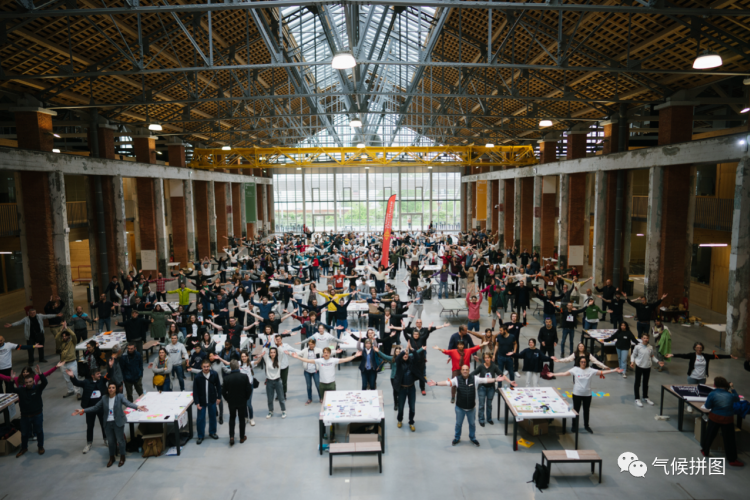Cinematic Visions: 100 Years of Chinese Movies in Six Weeks
“I watch quite a lot of movies, but after nearly three years in China it dawned on me that I could barely name two or three Chinese directors. And I noticed a lot of people around me seemed to be in the same situation,” comments Bookworm events manager Alexis Lefranc. Inspired by a talk at the Bookworm earlier this year by Scottish film critic Mark Cousins and actress Tilda Swinton, Lefranc decided to change this situation by putting together Visions of China, a six week series of talks encapsulating the rich history of Chinese film.
While the first film shot in China dates back to 1905, awareness of China's filmic past remains low, even among serious film watchers. As Lefranc points out; “Most people who like movies have a concept of Italian Neorealism, the French Nouvelle Vague or American Westerns, but for a number of complex reasons we do not know Chinese cinema in its historical perspective. We just know Zhang Yimou, Jet Li and a few big names of the last 20 years.”
Yet in the 1930s, Shanghai was one of the world’s key movie making centers. Shanghai actress Ruan Lingyu, who committed suicide in 1935, remains a legend in China to this day. But war, revolution and long periods of isolation have all conspired to keep much of China’s filmic heritage hidden from international viewers.
Stepping into the breach Visions of China will provide viewers with an overview of 100 years of Chinese cinema, kicking off this Sunday (November 8) with “Early Chinese Films: Shanghai and Wuxia (martial arts),” introduced by Chen Shan of the highly esteemed Beijing Film Academy.
The following weeks will cover China’s early avant-garde, propaganda works of the Cultural Revolution, the post-opening up film revival, and contemporary independent films. The talks, presented in both Chinese and English, will include many rare clips and hard-to-find archive material.
For film lovers this is a great chance to delve into the unknown riches of China's screen culture.
Visions of China – A Retrospective of Six Generations of Filmmaking; 3pm, Sunday, November 8, then every Sunday for six weeks; CNEX Saloon Café; RMB50/30 (presale and Bookworm members, tickets available at the Bookworm).
Directions to CNEX Saloon Cafe: Inside Image Base (Jing yuan). From Shuang Jing subway station (line 10) catch a cab along Guangqu Lu heading east. Go past the Fourth Ring Road to the second set of traffic lights. Image Base is across the road, opposite the bus stop (Xiaohaizi). Watch out for a tall red neon sign. 京园, 从双井地铁口出来, 顺着广渠路往东走, 走过四环之后,在第二个红绿灯, 只走一点,在路的左手便, 京园就在马路对面,小海子公共汽车站对面, 大的红色灯箱.






